Dan Link is Unafraid to Get Naked in the Wild
Surviving another grueling "Naked and Afraid" challenge, Dan Link continues to be the change he hopes to see in the world.

He’s scrambled naked up trees in the South African bush, and been eaten alive by bugs in the Amazon. Dan Link has put his survival skills, and bare skin, to the test in some of the harshest environments on the planet in multiple stints on Discovery Channel’s Naked and Afraid.
Currently, viewers can catch the adventurous queer biologist taming the wild terrain on season two of the franchise’s extreme competition series Naked and Afraid: Last One Standing. Link is among the show’s 14 elite survivalists who battle for 45 days in Africa’s vast, punishing Munzwa Valley for a cash prize and the title of ultimate champion.
Challenging himself for a fifth time on Naked and Afraid, Link carries the aura of experience and success — he finished second in the inaugural season of Last One Standing. Always methodical and super-competent, the famously fit former fan of the series can make even grueling survival tasks look easy.
But, as he shares with Metro Weekly on a video call from the wilds of Fire Island, sticking it out on Last One Standing takes intense training and preparation. It’s not easy to survive in those conditions. And it’s certainly not easy for Link’s husband of nearly eight years, David, who anxiously waits back home for weeks at a time with no contact from his man.
“Before I did my first challenge, [David] went full Jewish mother mode,” Link recalls. “He was like, ‘You haven’t thought this through. This is a rash decision. I’m sure you’re gonna do great, but you haven’t done this before. It’s going to follow you for the rest of your life. Are you sure you know what you’re doing?’ And everything he said was spot on, completely correct.”
His husband’s concerns were valid, Link admits, yet, he says, “After every challenge that I’ve done, even though it’s gotten progressively more extreme every single time, he’s only gotten more and more supportive. He puts up with so much of me manically eating and scarring my feet, doing all this stuff before a challenge. And then, of course, worrying while I’m away.”
Then, after weeks of a primitive Naked and Afraid challenge in, say, the jungles of Colombia, or deep in South Africa’s Oribi Gorge, comes the disorienting process of returning home. In Link’s case, home is in Honolulu, where, as a conservation biologist, he manages the Papahānaumokuākea Marine National Monument in the Northwestern Hawaiian Islands.
“Sometimes you get back, and the readjustment period is rough,” says Link, pointing to the return from his Amazon season as especially difficult. “You’re just binge eating and are a ball of anxiety.”
Of course, hunting and gathering in the Amazon for 60 days, it’s not mentally easy. “You’re removed from modern society, removed from your phone,” Link says. “You’re removed from all those concerns of work and your personal life. And the calculations of what you have to do are just so much simpler. Even though you could be going through hell.”
After about two weeks in that environment of exhaustion and deprivation, the scientist explains, “Your brain starts to enter this state of clarity that’s almost hard to articulate.”
Though, in fact, he articulates it well. “It’s just all the calculations of what you need to do, not only in the moment, but what you need to do in the future, in your life going forward, and what matters most to you, just becomes so obviously clear. Like this fog that’s been in your brain forever that you didn’t even know is there, because it’s so constant, just sort of dissipates. Almost all of us experience that. And it’s pretty profound.
“I’m not going to say coming back is terrible, because you’re eating, and you’re laying in a comfy bed, and you’re doing whatever you want. But the mental adjustment to getting back into society can be rough at the same time.”

That hasn’t stopped Link from going back for more. All the competitors on Last One Standing — including season one villain Jeff Zausch, who also returns on season two — appeared on a previous season of Naked and Afraid.
“After every challenge,” Link says, “they ask you, ‘Would you do another one?’ And I’m always like, ‘It’s too soon. Ask me again later. Give me a second to forget the trauma.”
All jokes aside, Link has an idea of what keeps him inspired. “I think the adventure of it,” he says. “You just learn so much about what you’re capable of. And you learn skills, not only bushcraft skills, but mental skills that last through your entire life and precede the challenges, and that you carry with you afterwards. It’s absolutely incredible some of those mental skills you learn.”
Would-be survivalists don’t have to go naked and afraid to the Amazon to learn those skills. Next month, Link will lead a (clothed) workshop teaching wilderness survival skills at the annual LGBT Outdoorfest, in Bellevue, Colorado.
“I’m super-excited to do it,” he says. “I’ve taught some classes before, but I’ve been wanting to get more into orienting myself towards the queer community. Not necessarily the queer outdoor community, but the queer community in general. And promoting accessibility, and breaking down societal norms and barriers that prevent a lot of queer people from accessing the outdoors.”
Ultimately, Link says, he just wants to share his love of the outdoors with the LGBTQ community, which, historically, for many good reasons, has gravitated towards big cities.
“I want to make a call to queer people to say, ‘Let’s be outside, let’s be in nature,” he says. “Let’s reclaim that side of ourselves that’s so often fallen to the wayside.’ We’re free to be whoever we want to be in a way that doesn’t need to be bound by stereotypes or previous societal boundaries.”
Naked and Afraid: Last One Standing airs Sundays on Discovery Channel. Available for streaming on Discovery GO. Visit www.discovery.com.
LGBT Outdoorfest is September 12-15, at Colorado State University Mountain Campus. Registration is $549. Visit www.lgbtoutdoors.com.
Support Metro Weekly’s Journalism
These are challenging times for news organizations. And yet it’s crucial we stay active and provide vital resources and information to both our local readers and the world. So won’t you please take a moment and consider supporting Metro Weekly with a membership? For as little as $5 a month, you can help ensure Metro Weekly magazine and MetroWeekly.com remain free, viable resources as we provide the best, most diverse, culturally-resonant LGBTQ coverage in both the D.C. region and around the world. Memberships come with exclusive perks and discounts, your own personal digital delivery of each week’s magazine (and an archive), access to our Member's Lounge when it launches this fall, and exclusive members-only items like Metro Weekly Membership Mugs and Tote Bags! Check out all our membership levels here and please join us today!






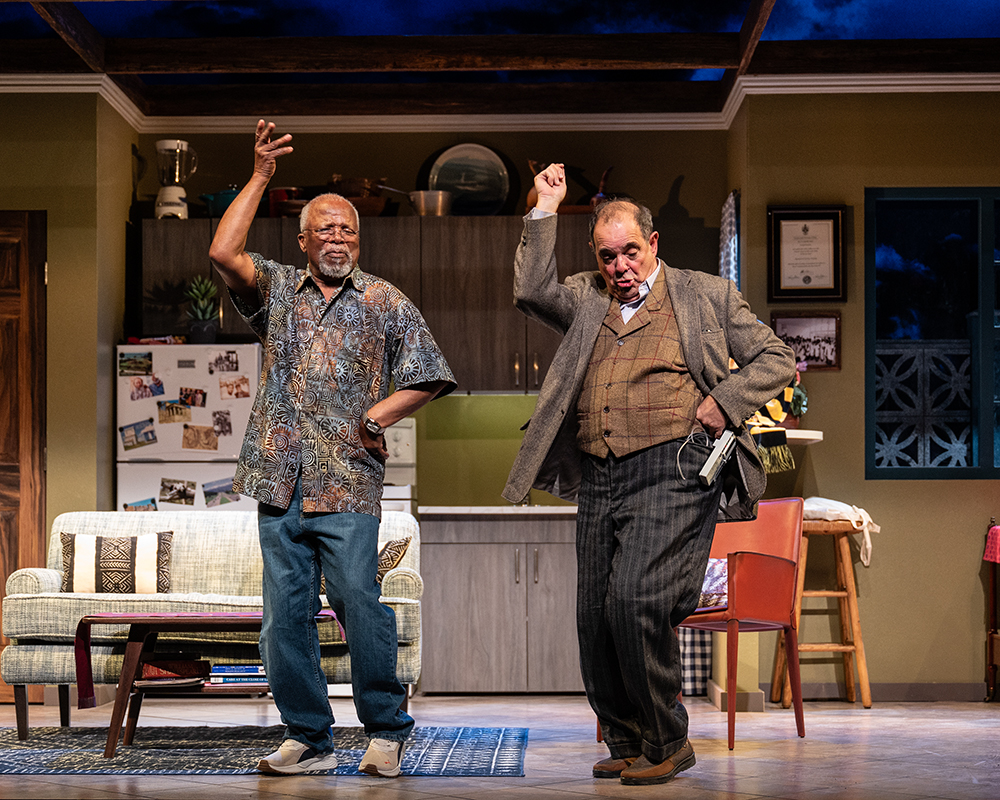
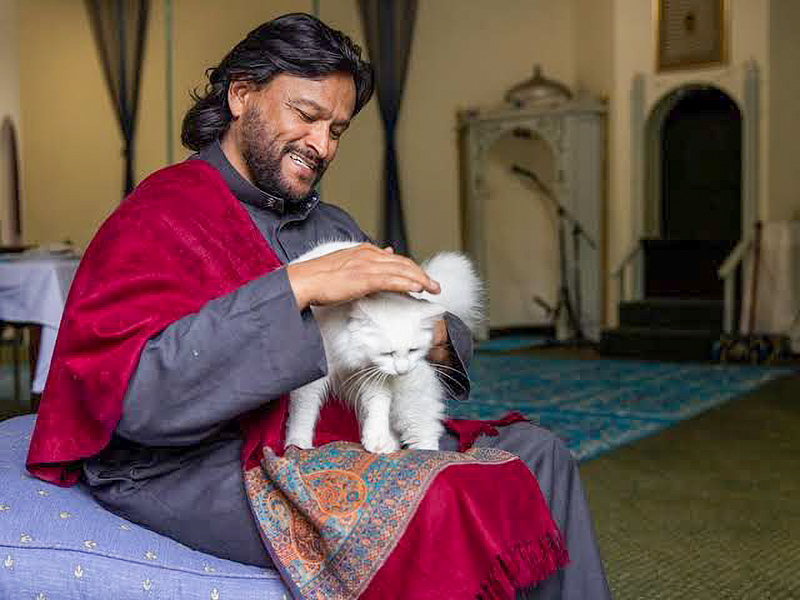















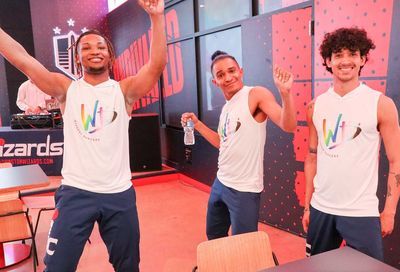
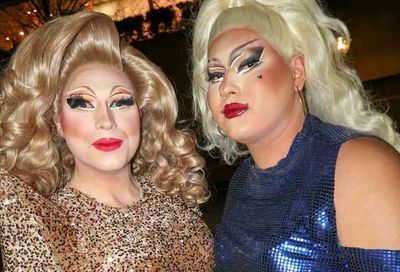
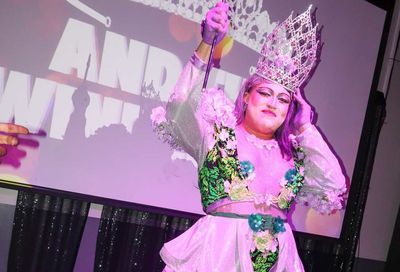
You must be logged in to post a comment.